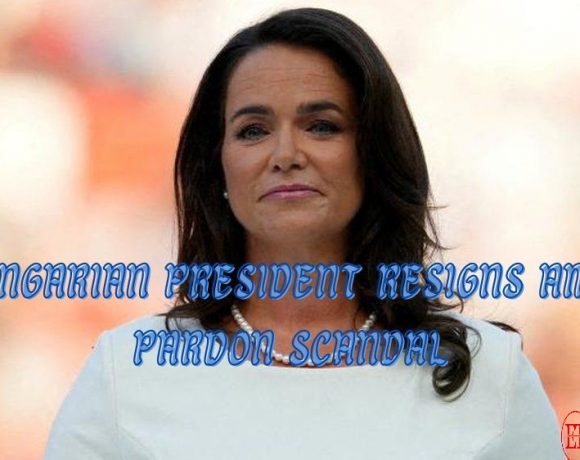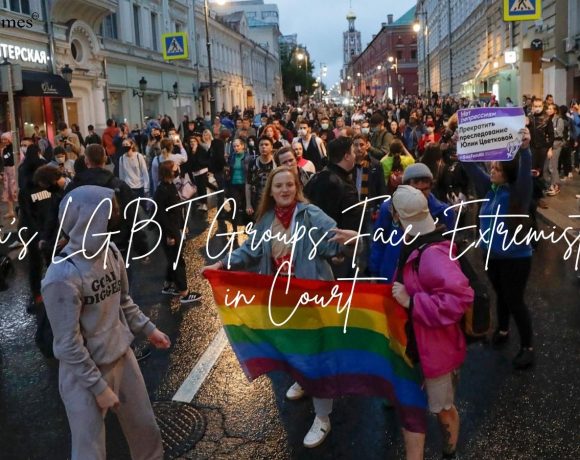
The president of Hungary has stepped down on live television following backlash over a controversial decision to pardon a man involved in covering up a child sexual abuse case. President Novak’s resignation comes amidst growing protests demanding her departure after it was revealed she pardoned a man convicted of coercing children to retract abuse allegations against a state-run children’s home director.
Novak, who had granted clemency to the individual, apologized for her actions, acknowledging her mistake. This decision also led to the resignation of Judit Varga, the former minister of justice, who approved the pardon and was overseeing the European elections campaign for Prime Minister Viktor Orban’s ruling Fidesz party.
The controversy erupted when the names of 25 individuals pardoned by Novak during a visit by Pope Francis were disclosed by Hungarian media. Among them was the deputy director of a children’s home near Budapest, convicted for pressuring children to withdraw abuse accusations against the home’s director, who himself was imprisoned for child abuse.
Novak’s sudden resignation, along with Varga’s departure, came as a surprise, considering Novak’s popularity within Fidesz and her significant role as the first female president of Hungary. The scandal has dealt a blow to Fidesz, known for its emphasis on traditional family values, and has caused embarrassment for the long-standing nationalist government.
In her televised address, Novak expressed regret for not standing up for the victims and acknowledged the doubts raised about the government’s commitment to combating pedophilia. The resignations of Novak and Varga, both prominent female figures in Fidesz, represent a significant setback for Orban’s party, especially with Varga slated to lead the party’s list in the upcoming European elections.
Picture Courtesy: Google/images are subject to copyright

